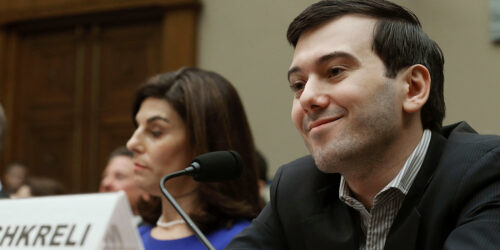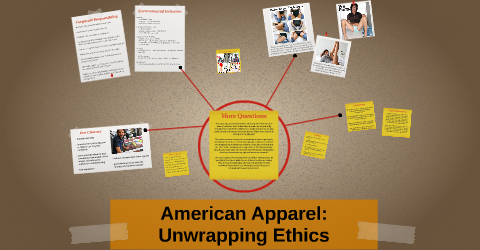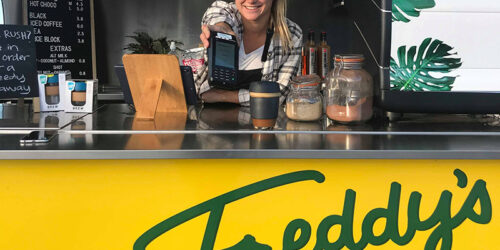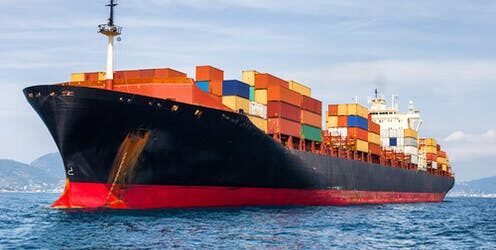Wonder Kidz Franchise – Case Analysis
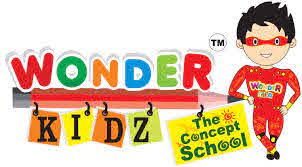
I. Introduction
Bansal, a former marketing professor, and his wife, Shar, are interested in the Wonder Kidz preschool franchise and considering whether to invest in it or not. After meeting with Thakur, the director of Wonder Kidz, he is of the opinion that that investing in the franchise could be a worthwhile opportunity. However, he is not confident about his financial evaluation and needed help from a consultant.
II. Evaluation of the Franchise
Payback Period
As given in Exhibit 3:
| Earning After Tax (Net Cashflows) | ||||||
| Year 1 | Year 2 | Year 3 | Year 4 | Year 5 | Total | |
| Net Cashflows | ₹ 44,960 | ₹ 94,800 | ₹ 286,080 | ₹ 286,080 | ₹ 286,080 | ₹ 998,000 |
Using the payback method:
| Payback Period | ||
| Year | Cashflow | Initial Investment |
| 0 | 0 | -₹ 624,450 |
| 1 | 44,960 | -₹ 579,490 |
| 2 | 94,800 | -₹ 484,690 |
| 3 | 286,080 | -₹ 198,610 |
| 4 | 286,080 | ₹ 87,470 |
| 5 | 286,080 | ₹ 373,550 |
The table indicates that the real payback period is located somewhere in Year 4. To be exact, it would take:
(198,610/286,080) + 3 = 3.69 years or 3 years and about 8 months to scoop back the initial investment.
However, time value of money has not been considered in this computation.
Net Present Value (NPV)
| Year 0 | Year 1 | Year 2 | Year 3 | Year 4 | Year 5 | |
| Initial Investment | (624,450) | |||||
| Fee collection from new students (one-time + annual) | 18,800 x 35 = 658,000 | 18,800 x 25 = 470,000 | 18,800 x 40 = 752,000 | 18,800 x 40 = 752,000 | 18,800 x 40 = 752,000 | |
| Fee collection from old students (annual) | 16,300 x 25 = 407,500 | 16,300 x 40 = 652,000 | 16,300 x 40 = 652,000 | 16,300 x 40 = 652,000 | ||
| Total fee collection | 658,000 | 877,500 | 1,404,000 | 1,404,000 | 1,404,000 | |
| Total Expenses | 516,000 | 675,000 | 966,000 | 966,000 | 966,000 | |
| Operational Profit before interest & tax | 142,000 | 202,500 | 438,000 | 438,000 | 438,000 | |
| Add: Interest on caution money at 8% | 4,200 | 6,000 | 9,600 | 9,600 | 9,600 | |
| Less: Interest on borrowed funds at 15% | (90,000) | (90,000) | (90,000) | (90,000) | (90,000) | |
| Earnings before tax | 56,200 | 118,500 | 357,600 | 357,600 | 357,600 | |
| Less: Tax 20% | (11,240) | (23,700) | (71,250) | (71,250) | (71,250) | |
| Earnings after tax (Net Cashflows) | 44,960 | 94,800 | 286,080 | 286,080 | 286,080 | |
| Discount factor (8%) | 44,960 x 0.9259 = 41,628 | 94.800 x 0.8573 = 81,272 | 286,080 x 0.7938 = 227,090 | 286,080 x 0.7350 = 210,268 | 286,080 x 0.6806 = 194,706 |
Please note, we take 8% as discount factor because if Bansal did not make this investment and put his money in the bank to collect interest on it, he would be getting 8% annual interest rate as per the case text. We assume that this rate from State Bank of India will remain constant for upcoming 5 years for the purposes of our computations.
Furthermore, please note that depreciation on assets was not considered in the above calculations in accordance with the case text.
As seen in the above table,
Present Value of Total Cash Inflows of 5 years = 41,628 + 81,272 + 227,090 + 210,268 + 194,706 = 754,964
Since 754,964 is greater than 624,450; NPV is in positive value and greater than 0 for this franchise project. Therefore, we would suggest Mr. Bansal to proceed with this investment decision when the discount factor equal to 8%.
Internal Rate of Return
Similarly, we use the trial and error method to determine the IRR of the project. Based on normal market condition, we still start with the average interest rate of 15%
| If discount rate = 15% | ||||||
| Year 1 | Year 2 | Year 3 | Year 4 | Year 5 | Total | |
| Interest Factor | 0.8689 | 0.7561 | 0.6575 | 0.5718 | 0.4972 | |
| Net Cash flows | ₹ 44,960 | ₹ 94,800 | ₹ 286,080 | ₹ 286,080 | ₹ 286,080 | ₹ 998,000 |
| NPV | ₹ 39,097 | ₹ 71,678 | ₹ 188,098 | ₹ 163,581 | ₹ 142,239 | ₹ 604,693 |
| Initial Investment | ₹ 624,450 | |||||
| Net Value | -₹ 19,757 |
| If discount rate = 14% | ||||||
| Year 1 | Year 2 | Year 3 | Year 4 | Year 5 | Total | |
| Interest Factor | 0.8772 | 0.7695 | 0.6750 | 0.5921 | 0.5194 | |
| Net Cash flows | ₹ 44,960 | ₹ 94,800 | ₹ 286,080 | ₹ 286,080 | ₹ 286,080 | ₹ 998,000 |
| NPV | ₹ 39,439 | ₹ 72,949 | ₹ 193,104 | ₹ 169,388 | ₹ 148,590 | ₹ 623,470 |
| Initial Investment | ₹ 624,450 | |||||
| Net Value | 0.8621 | 0.7432 | 0.6407 | 0.5523 | 0.4761 | -₹ 980 |
| If discount rate = 13% | ||||||
| Year 1 | Year 2 | Year 3 | Year 4 | Year 5 | Total | |
| Interest Factor | 0.8850 | 0.7831 | 0.6931 | 0.6133 | 0.5428 | |
| Net Cash flows | ₹ 44,960 | ₹ 94,800 | ₹ 286,080 | ₹ 286,080 | ₹ 286,080 | ₹ 998,000 |
| NPV | ₹ 39,790 | ₹ 74,238 | ₹ 198,282 | ₹ 175,453 | ₹ 155,284 | ₹ 643,027 |
| Initial Investment | ₹ 624,450 | |||||
| Net Value | 0.8621 | 0.7432 | 0.6407 | 0.5523 | 0.4761 | -₹ 980 |
The tables indicate that the IRR- break-even point, located somewhere between 13% and 14%. This project would be profitable if Bansal expects a rate of return of less than 14% (safely at 13%).
III. Further recommendations
If Bansal wants to increase his net profit, he may consider the following options:
- Not borrowing funds from the banks or other sources and using own savings. In this way, INR 90,000 every year for interest on borrowed funds would not be incurred. Bansal can also combine his savings and loans to reduce the amount of interest.
- Utilising the center premises in the times remaining from Wonder Kidz for children’s skill development activities such as abacus, handwriting improvement, calligraphy, etc., as indicated in the case.
- Utilising the ample rooms in his own house for the purpose of the center rather than renting a separate place. Although this is an option, we would not suggest Bansal to go for this option since using a private house rather than a commercial premise may harm the image of the center and affect the marketing efficiency.
IV. Conclusion
To conclude, the opportunity in investing in Wonder Kidz franchise seems to be apparent. As the project starts, continuous finance analysis and reports are advised to reflect the challenges that might come along with this feasible venture, as well as other opportunities that will arise.
